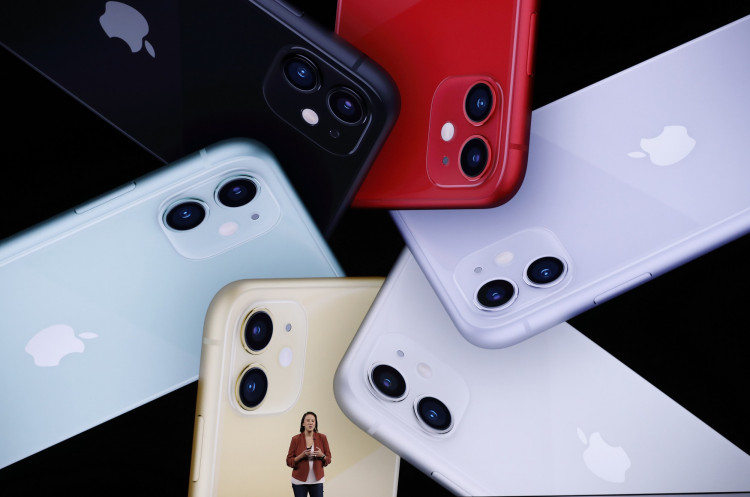Apple's "Batterygate" legal issue will officially end in the United States following a settlement deal that will see the iPhone maker paying up to $500 million to affected users. The compensation, which will range from $25 to $500 per user, is for U.S. consumers only and will specifically benefit owners of the iPhone SE, the iPhone 6S series and the iPhone 7 family.
These devices were identified running on iOS 10.2 and later versions and were targeted for battery throttling. Apple said specific iPhone models had their mobile processors deliberately slowed down in 2017 though OS update to prevent a sudden shutdown.
It was a classic case of a preemptive action meant to protect iPhone users but as argued by the lawsuit, filed before the U.S. District Court in California, Apple failed to send notice that the feature has been introduced.
Complainants claimed that due to Apple's decision to keep silent on the matter, they were forced to purchase a new device instead of just opting for a battery replacement.
The deal mandates that Apple readies a total minimum payout of $310 million, according to The Verge, and depending on the number of claimants, the maximum cost that the company will pay could reach half-a-billion.
For the average user, the payout could be as little as $25 and up to $500. But for those listed on the class suit, the collection could go as high as $3,000. Interestingly, the report said it will be the lawyers who will prove the big winners in the case as the deal will allocate some $90 million as attorneys' fee.
Because of the settlement, Apple escaped blame that the battery throttling was designed to make users jump to a new model as slowdown sets in. The tech giant has maintained its actions were meant to protect devices from undue stress that is why the processing speed on aging handsets was reduced.
According to WCCFTech, Apple engineers have determined that older handsets tend to overheat and overwork on regular processing speed so the throttling was decided to mitigate the deterioration of inside components.
The company has insisted that there was no wrongdoing on its part. Per the report, the settlement was agreed upon "to avoid the expenditure and costs related to litigation."
The episode highlighted the importance of battery case, which if properly observed could prolong battery life and that of the device. For optimal battery care, it is best not to deplete juice percentage before charging up. In doing this, users will be able to extend the usual battery cycle that came with their device's battery pack.
Similar suits have been brought against Apple in other markets. In France, for instance, regulators fined the iPhone maker a total of €25 million, also for the so-called Batterygate.






